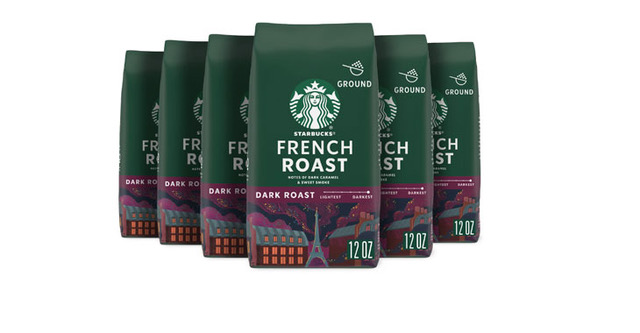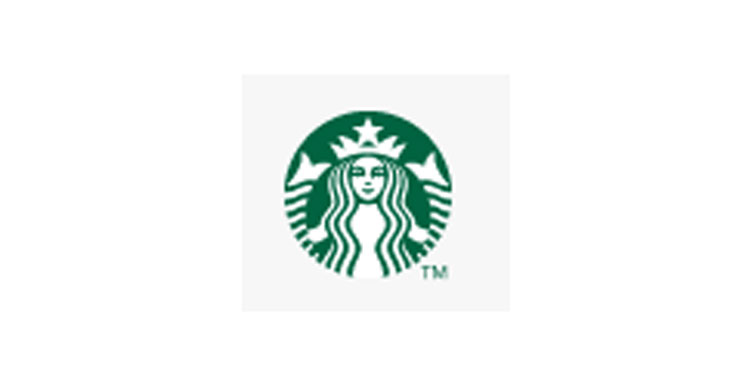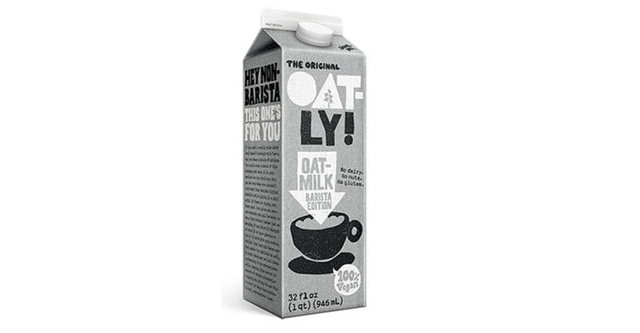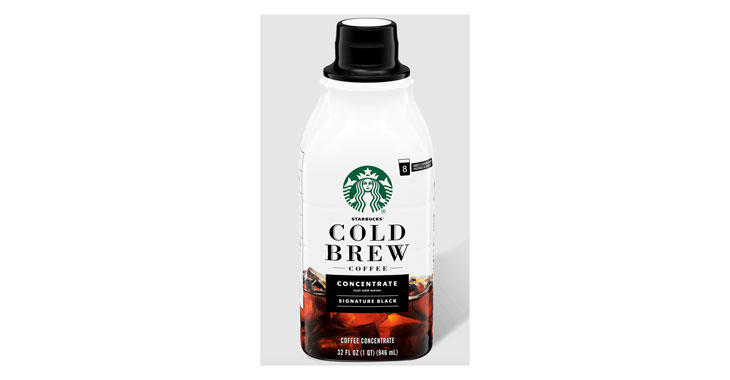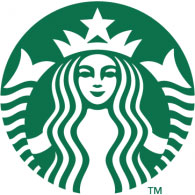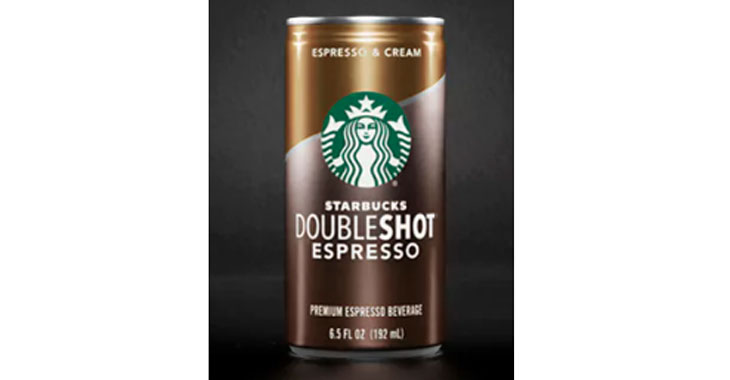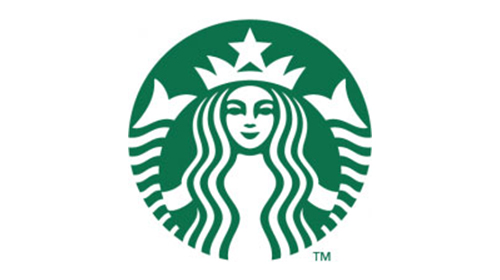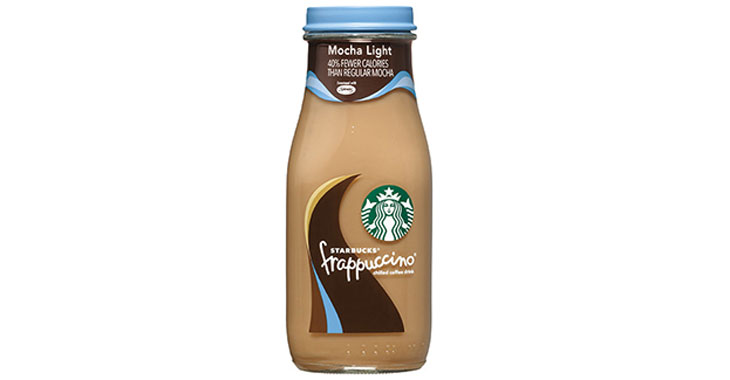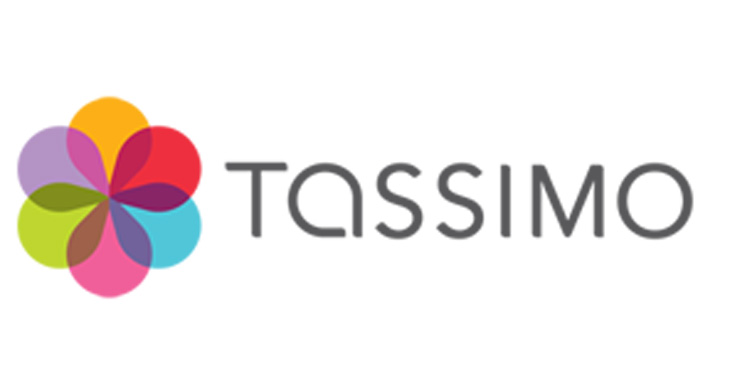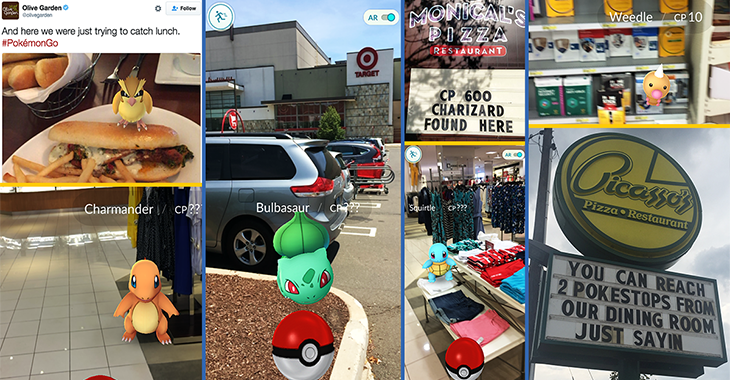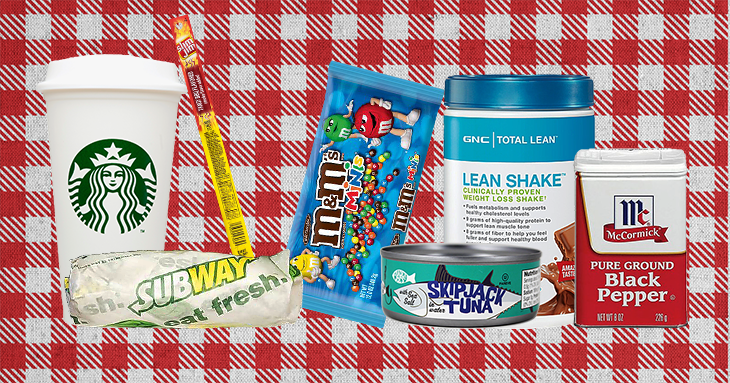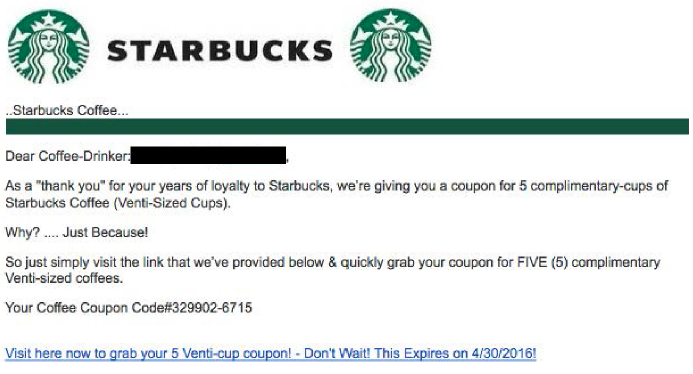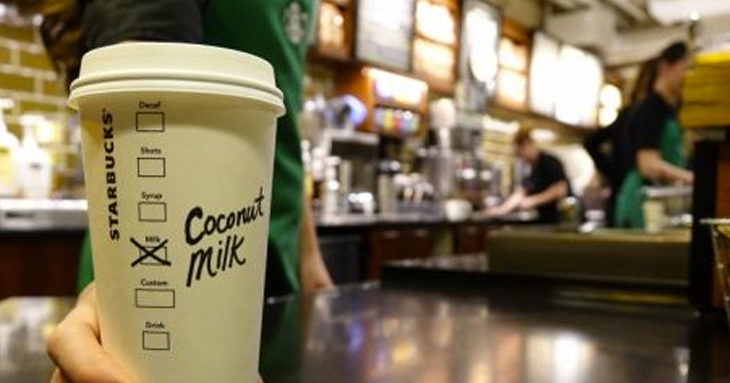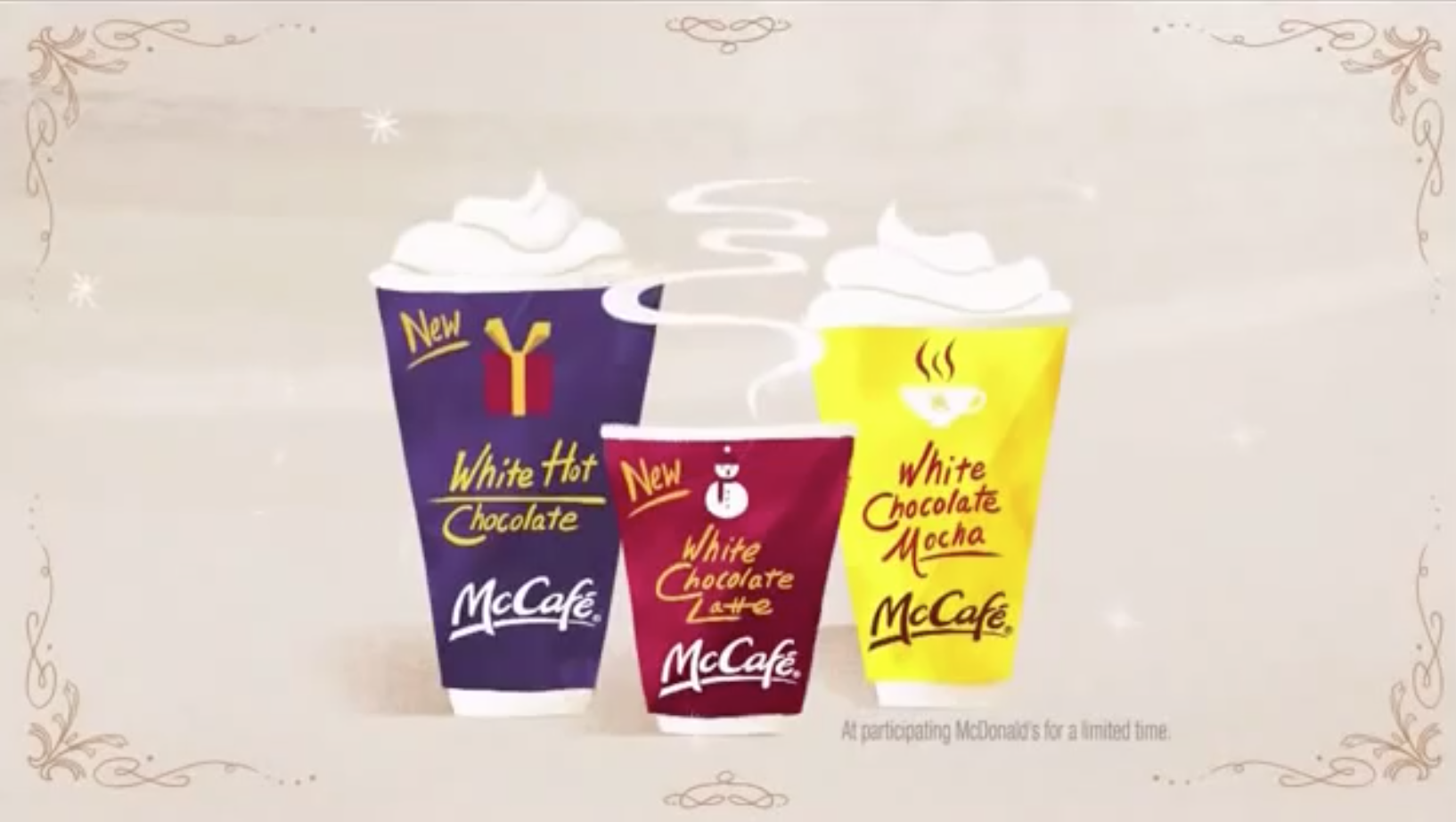
Starbucks Decaffeinated Coffees
Allegations: Falsely marketing that the company respects human rights and uses sustainable practices
September 2019: This case was voluntarily dismissed When a complaint is dismissed without prejudice, an amended version of the complaint can be refiled. for undisclosed reasons after a federal judge dismissed several of the claims – including the nationwide class claims – and expressed concerns that the court no longer had subject matter jurisdiction.
October 2018: A class-action lawsuit was filed against Starbucks for allegedly falsely advertising its sour gummies as “apple, watermelon, tangerine and lemon-flavored candies” to make consumers believe they are flavored with natural ingredients when, according to plaintiffs, the candies contain artificial flavors. (Plaintiffs filed an amended complaint in 2019.) (Brown v. Starbucks Corp., Case No. 18-cv-2286, S.D. Cal.)
For more of TINA.org’s coverage of Starbucks, click here.
Allegations: Falsely marketing that the company respects human rights and uses sustainable practices
Allegations: Beverages do not contain the fruits advertised in the product name
Allegations: Misleadingly marketing products as “100% Arabica Coffee” when they contain added potassium
Allegations: Misleadingly representing that cocoa has been harvested following ethical and environmentally responsible standards
Allegations: Misleadingly marketing bagels as “Sprouted Grain” when they are made primarily with non-sprouted grains
Allegations: Misleadingly marketing products as healthy, safe, and high quality without disclosing that they may contain harmful bacteria
Allegations: Coffee products contain fewer servings than advertised
Allegations: Falsely advertising that the flavor comes from vanilla when the ingredients list shows that the flavor comes from unspecified “Natural Flavor”
The in-store presence of Pokémon prompts TINA.org inquiry about possible marketing agreements.
How much is really in there?
Survey says: Don’t take this survey.
Consumers sour on milk after learning of additives in Starbucks coconut product.
Does McDonald’s beverage met the FDA definition of white chocolate?

